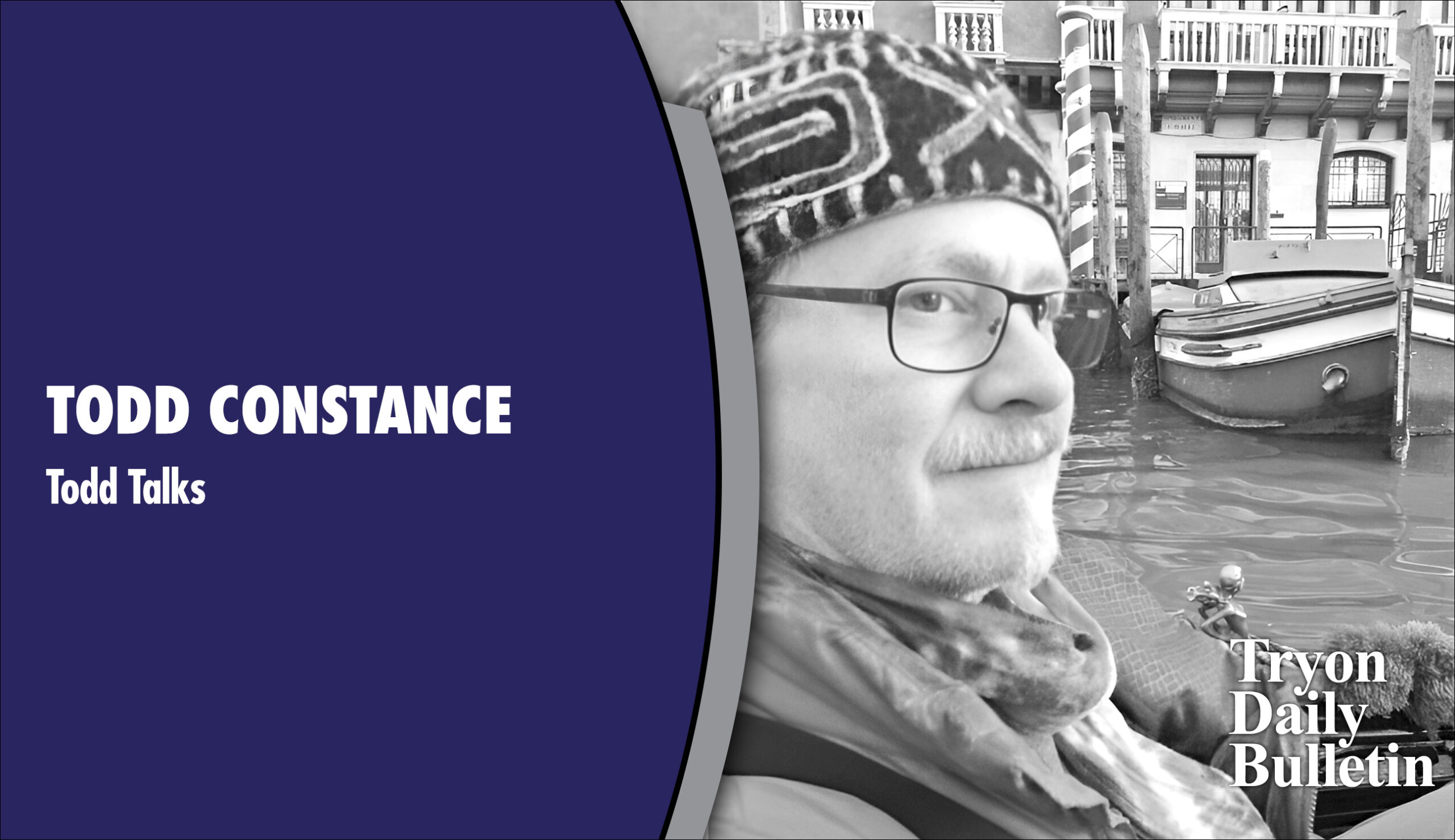There’s no harm in questioning authority
Published 10:16 am Friday, August 30, 2024
|
Getting your Trinity Audio player ready...
|
The world around us is imperfect, filled with controversies, disagreements, and imperfection, but it never suffers from the ancient practice of questioning authority.
Like most things, it isn’t the doing; it’s how the doing gets done.
Nowhere is questioning authority more important than in the communities in which we live. The quality of our lives is deeply affected by the decisions that are made by local people who have power.
Trending
By questioning them, we are actually helping them make good decisions.
Few people in authority have a perfect decision-making record. Local decision-makers are most often trained, experienced, and skilled in an environment different from the one in which they serve the public.
Too often, they operate in a vacuum. Some call that “silo work.” If you walk into an empty grain silo, close the door, and begin talking or shouting, the only thing you’re going to hear is the echo of your voice. If you shout, “I’m right! I know what I’m doing!” you will hear nothing other than that.
Other times, they rely on their circle of friends, bouncing issues or conflicts off them while mixing in a little, “I can’t believe the nerve of these people.” What they get from that coffee klatch scene is a skewed picture.
The most effective community leaders are those who welcome feedback, even disagreement, with a proposed plan or course of action. This demonstrates an open mind and a willingness to hear not only from those who have a vested financial interest in a proposal but also from those who have a community investment.
Demonstrating local community leadership skills begins with embracing accountability. There are many other important leadership skills: integrity, listening, understanding, eagerness to learn, empathy, innovation, and public safety awareness, to name a few. But above those is accountability.
Trending
Accountability for all local leaders and managers makes the decision-making engine run smoothly. Accountability is the engine’s governor–it keeps the motor from overheating or stalling.
Community development affects our quality of life. For example, when approving a new fast-food location, did they consider what might happen if the drive-thru lines back up into a busy road? Do we have adequate water, sewer, and public safety resources to accommodate a rapid influx of people?
If you are one of those public officials, hear this. It is not a sign of weakness to admit you don’t know the best route to take, but you are willing to listen to residents who have concerns.
If you are a resident, failing to hold officials accountable is a sign of weakness. It’s not like buying something from a local retailer and later returning it to get your money back. Most official decisions have a no-return policy.
Larry McDermott is a local retired farmer/journalist. Reach him at hardscrabblehollow@gmail.com






